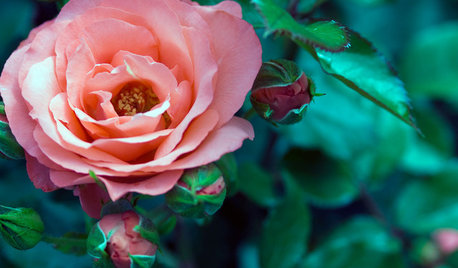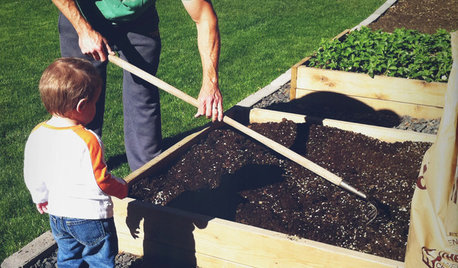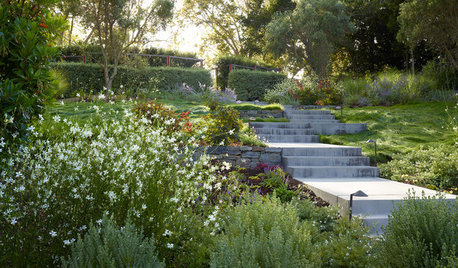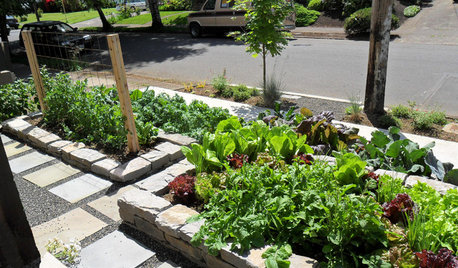Seaweed, sulfur, and acidic soil
leira
11 years ago
Featured Answer
Comments (12)
pnbrown
11 years agoRelated Professionals
Quincy Landscape Architects & Landscape Designers · Bowie Landscape Contractors · Bridgeview Landscape Contractors · Brunswick Landscape Contractors · Cordele Landscape Contractors · East Haven Landscape Contractors · Hoover Landscape Contractors · Melrose Park Landscape Contractors · Pleasant Prairie Landscape Contractors · Thonotosassa Landscape Contractors · Kingsburg Landscape Contractors · Crestline Decks, Patios & Outdoor Enclosures · Dearborn Decks, Patios & Outdoor Enclosures · Grain Valley Decks, Patios & Outdoor Enclosures · Monroe Decks, Patios & Outdoor Enclosuresjosko021
11 years agoleira
11 years agobluegoat_gw
11 years agoKimmsr
11 years agotoxcrusadr
11 years agoleira
11 years agojosko021
11 years agomackel_in_dfw
11 years agoblazeaglory
11 years agomackel_in_dfw
11 years ago
Related Stories

GARDENING GUIDESGrow a Beautiful Garden in Alkaline Soil
Got alkaline soil? Learn how to manage it and the many beautiful plants that will thrive in this ‘sweet’ soil
Full Story
FARM YOUR YARDHow to Get Good Soil for Your Edible Garden
The nutrients in your soil feed the plants that feed you. Here are tips on getting it right — just in time for planting season
Full Story
GARDENING GUIDESHow to Stop Worrying and Start Loving Clay Soil
Clay has many more benefits than you might imagine
Full Story
GARDENING GUIDESGet on a Composting Kick (Hello, Free Fertilizer!)
Quit shelling out for pricey substitutes that aren’t even as good. Here’s how to give your soil the best while lightening your trash load
Full Story
GARDENING GUIDESNew Ways to Think About All That Mulch in the Garden
Before you go making a mountain out of a mulch hill, learn the facts about what your plants and soil really want
Full Story
GARDENING GUIDESLearn the Secret to Bigger and Better Roses
Grow beautiful roses using both ordinary and unusual soil amendments
Full Story
GARDENING GUIDESSouthern California Gardener's September Checklist
Before prime planting time, clean out the old garden, prepare for the new, and dream up ideas for fall flowers and veggies
Full Story0

EARTH DAY5 Ideas for a More Earth-Friendly Garden
Consider increasing the size of garden beds, filtering rainwater and using plants to reduce energy use
Full Story
WINTER GARDENINGPruning Secrets for Exquisite Roses
Encourage gorgeous blooms year after year with this time-tested advice on how to prune your rosebush in winter for health and shape
Full Story
FRONT YARD IDEASWelcome Edibles Into the Front Yard for Fresh Food and More
Give your front yard design a boost and maybe even make new friends by growing fruits and vegetables
Full StoryMore Discussions






toxcrusadr